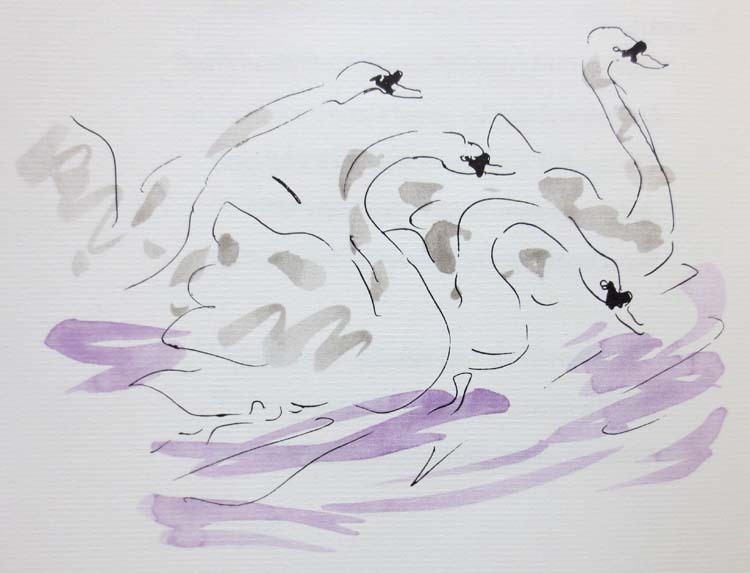Virgil
Virgil (Publius Vergilius Maro, 70-19 B.C.) remains one of the most influential Roman authors throughout history and his texts have exhibited profound effects upon writers throughout the years. He was recognized even by his own contemporaries as an exemplary poet and a model for others. He employed a vast knowledge of ancient legends and associations throughout his texts resulting in his reputation as a "learned" poet. Unlike other poets of his time, Virgil's freshness and wit never diminishes over his career and he retains a delicate subtlety of expressions throughout his works.
His qualities of tenderness, humanity and deep religious sentiment caused him to be regarded as the herald of Christianity throughout the middle ages. This ensured a wide transmission of his works and caused Dante to choose him as the guide in his master work The Divine Comedy. Later, in the modern era, his works became required reading in scholastic curricula and his texts became vehicles for education in Latin grammar.
During the last ten years of his life, Virgil worked on The Aeneid while living in Naples and Sicily. Caesar Augustus was deeply interested in Virgil and his new work and while in Spain in 26 and 25 B.C., he wrote Virgil to send him drafts of sections of the poem. Virgil refused his request, but did recite portions of the poem to him in 23 B.C. Virgil died while traveling from Athens to Naples with Augustus in 19 B.C., leaving his final work The Aeneid unfinished. Prior to his departure, he arranged for his friends Varius and Tucca to dispose of the incomplete text should he not return from his journey. However, Augustus ordered them not to harm the manuscript and published the unfinished text.

